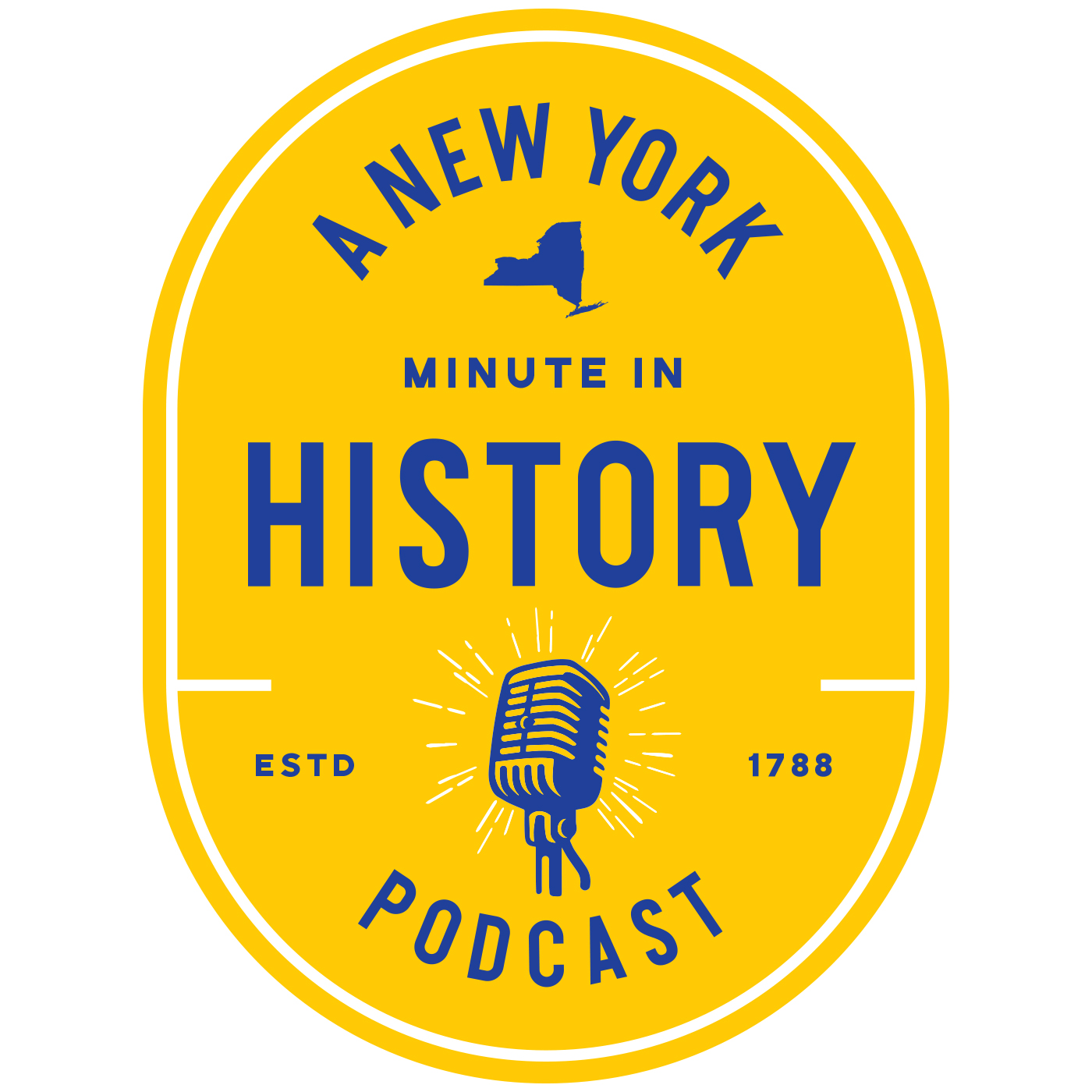Radio Cloak and Dagger | A New York Minute in History
Description
On this episode, Devin and Lauren tell the recently declassified story of a covert radio station built by the FBI on Long Island to deceive the Nazis during World War II. From 1942-1945, double agents worked in secret from a remote home in Suffolk County on the major operations "Bodyguard" and "Bluebird," and dug up information that some believe contributed to the United States' development of the atomic bomb. After the war, the Wading River Radio Station was taken apart by the FBI, but the house itself (then called "Owen Place," but now known as the "Benson House") is open to visitors at Camp DeWolfe. The property was listed in the National Register of Historic Places in 2018.
Marker of Focus: Wading River Radio Station, Wading River, Suffolk County
Guests: Dr. Raymond J. Batvinis, former supervisory special agent for the FBI now with the Institute of World Politics; Rev. Matthew Tees, executive director of Camp DeWolfe
A New York Minute In History is a production of WAMC Northeast Public Radio, the New York State Museum, and Archivist Media, with support from the William G. Pomeroy Foundation. This episode was produced by Jesse King. Our theme is “Begrudge” by Darby.
Further Reading:
Raymond J. Batvinis, Hoover’s Secret War Against Axis Spies: FBI Counterespionage During World War II
Raymond J. Batvinis, The Origins of FBI Counterintelligence
Neil Kagan, The Secret History of World War II: Spies, Code Breakers, and Covert Operations
Joshua Levine, Operation Fortitude: The True Story of the Key Spy Operation of WWII that Saved D-Day
Teaching Resources:
International Spy Museum, Educator Resources
The National Law Enforcement Museum, Virtual Classes
The National WWII Museum,
More Episodes
This episode delves into New York State’s role in the War of 1812, which is often considered America’s “second war of Independence.” With a particular focus on the State Historic site at Sackets Harbor, we learn the particularly important role that New York, and New Yorkers, played in the...
Published 09/25/24
Published 09/25/24
This episode focuses on culinary history and the Pomeroy Foundation’s Hungry for History program. We discover that the history of what we eat, and how we eat it, can tell us much about ourselves and our shared pasts.
Markers of Focus: Hungry for History
Interviewees: Elizabeth...
Published 08/28/24


